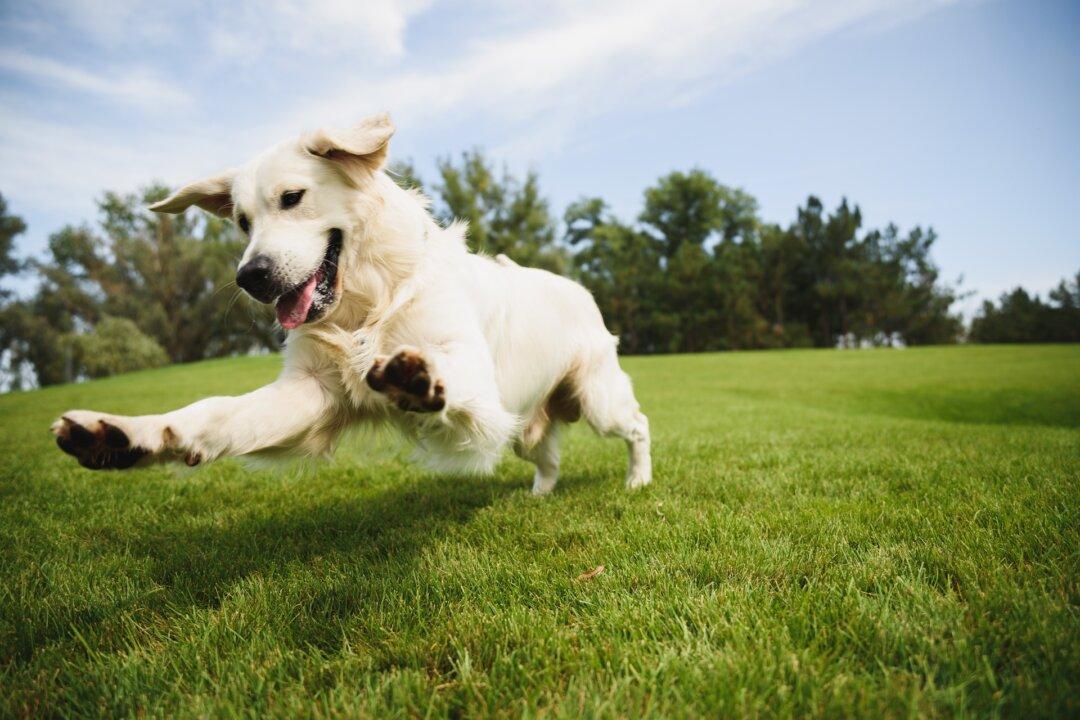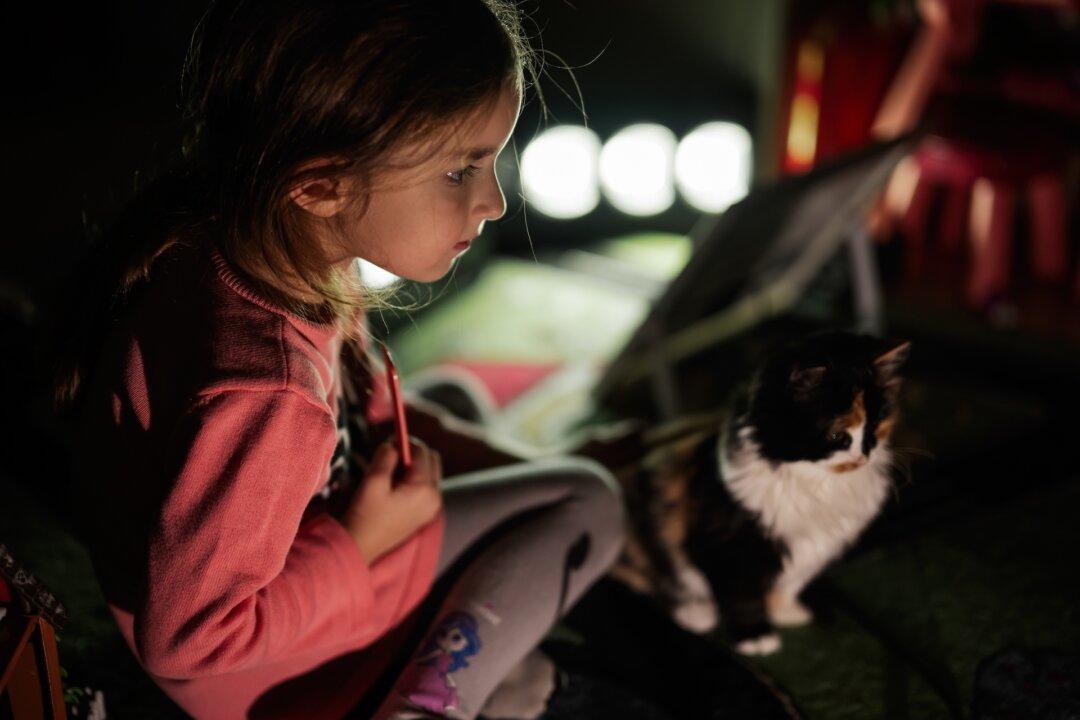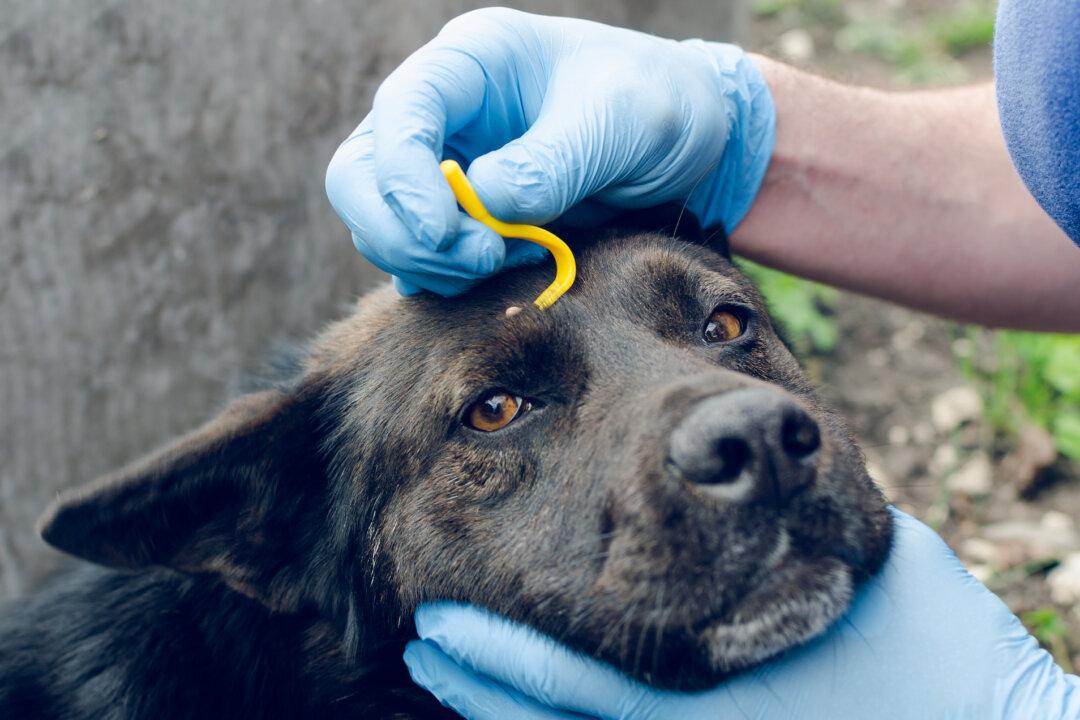Dogs communicate with one another primarily through body language, so many trainers feel it’s actually easier for them to learn hand signals than spoken words. I’ve found hand signals help me silently communicate with my own hearing dogs while I’m talking with someone in the room or on the phone. So, I recommend all dogs learn hand signals.
To teach Eva, take her to a group obedience training class taught by someone experienced with deaf dogs. You'll learn the standard hand signals for come, sit, stay, lie down, and other actions.
I think you‘ll be happiest if you join a small group where you’ll receive individual attention when you need it. Be sure, however, that there are several other dogs and people in the group so Eva learns to ignore distractions and focus on you.
Supplement Eva’s standard dog training with American Sign Language, or ASL, which consists of hand motions, facial expressions, and body movements. Be sure everyone in the family uses the same signs so Eva can master “walk,” “go potty,” “car,” “mealtime,” and other common concepts.
Positive reinforcement using praise, food treats, and other rewards will be your most effective training tool. Praise Eva by smiling and either clapping or using the ASL sign for “good.”
To gain Eva’s attention indoors, tap your foot on the floor and give her a hand signal. When she’s sleeping, awaken her gently by holding a treat in front of her nose and lightly petting her.
When she’s outdoors, she should be leashed or within a fenced yard. Her identification tag should say, “Eva is DEAF” and provide your phone number and address.
To call her when she’s outside, use a flashlight or laser pointer, or turn the porch light off and on. A vibrating collar is also a good way to get her attention.
It may be that the lanolin in wool reminds Mulan of her mother’s nursing her, or that the soft texture induces her to knead the fabric, which leads to sucking. Another theory is that stress may play a role.
You can interrupt Mulan’s wool sucking by distracting her with an interactive toy, such as a laser pointer, Mylar cat teaser, or feather on a fishing pole. Offer alternative oral stimulation, such as a dog chew toy.
Make feeding sessions more fun by letting Mulan hunt for her food. Hide small meals throughout your home, or put some kibble inside a food puzzle or feeder that opens when she manipulates it.
When Mulan cuddles in your wool-clad arms without sucking your sweater, reward her with a cat treat. Gradually lengthen the time until she receives the treat.
If Mulan chews holes in your sweaters and these recommendations don’t help, make an appointment with her veterinarian.





